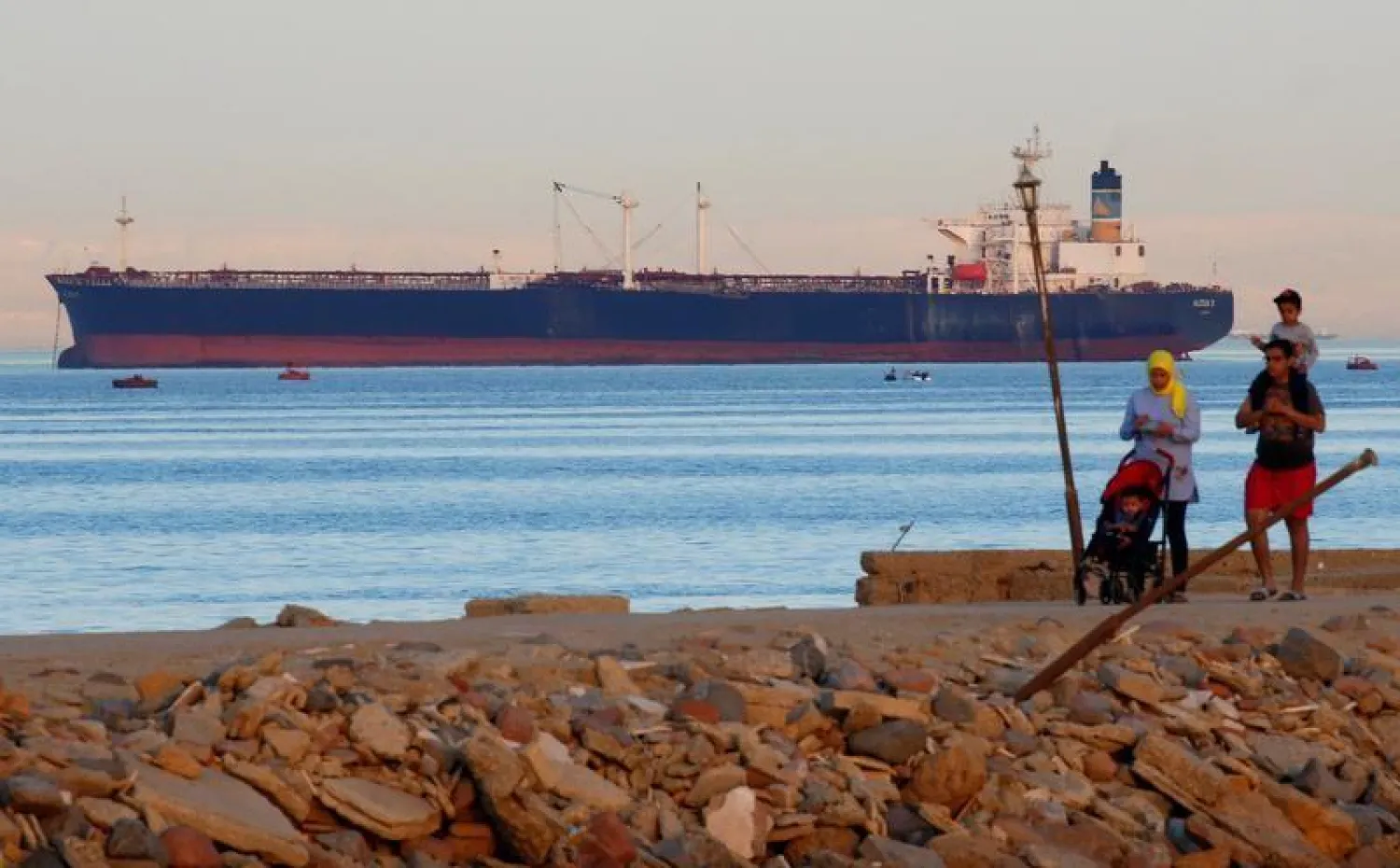Egypt’s revenues from the Suez Canal have increased up to 4.7% since the inauguration of a major extension project five years ago, compared with the previous five years, Canal Authority Chairman Osama Rabie said on Thursday.
Canal revenues rose to $27.2 billion during the last five years, from $25.9 billion in 2010-2015, he said, addressing a news conference.
Egypt opened an $8 billion expansion of the canal in August 2015 as part of plans to boost the economy and restore Egypt’s position as an important trade hub, though analysts questioned if there was sufficient traffic and east-west trade to meet the country’s ambitious revenue targets, according to Reuters.
In 2015-2020, 90,000 ships transited the Suez Canal carrying 5.5 billion tonnes of cargo, up from 86,600 ships with 4.6 billion tonnes during the previous five years, Rabie revealed.
He said that Egypt is looking forward to double ship numbers and revenues by 2023 compared with pre-2015 levels, as global trade recovers after the pandemic.
The canal is the fastest shipping route between Europe and Asia and one of the Egyptian government’s main sources of foreign currency.









